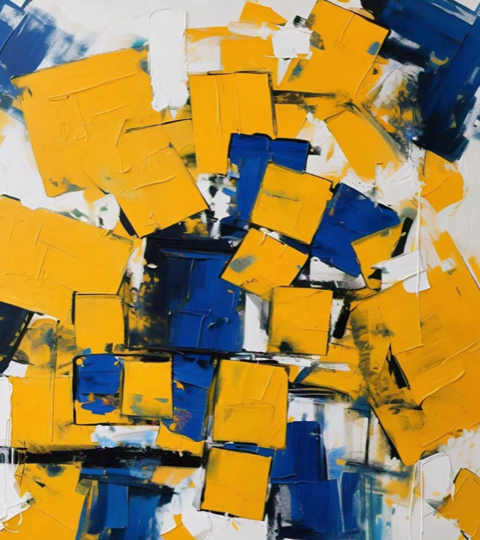You need a Featured Plan to have a website
The purpose of art is washing the dust of daily life off our souls
Pablo Picasso
Create your independent website instantly
Create your professional art website and connect with your collectors with customizable themes, virtual exhibitions, and powerful tools
